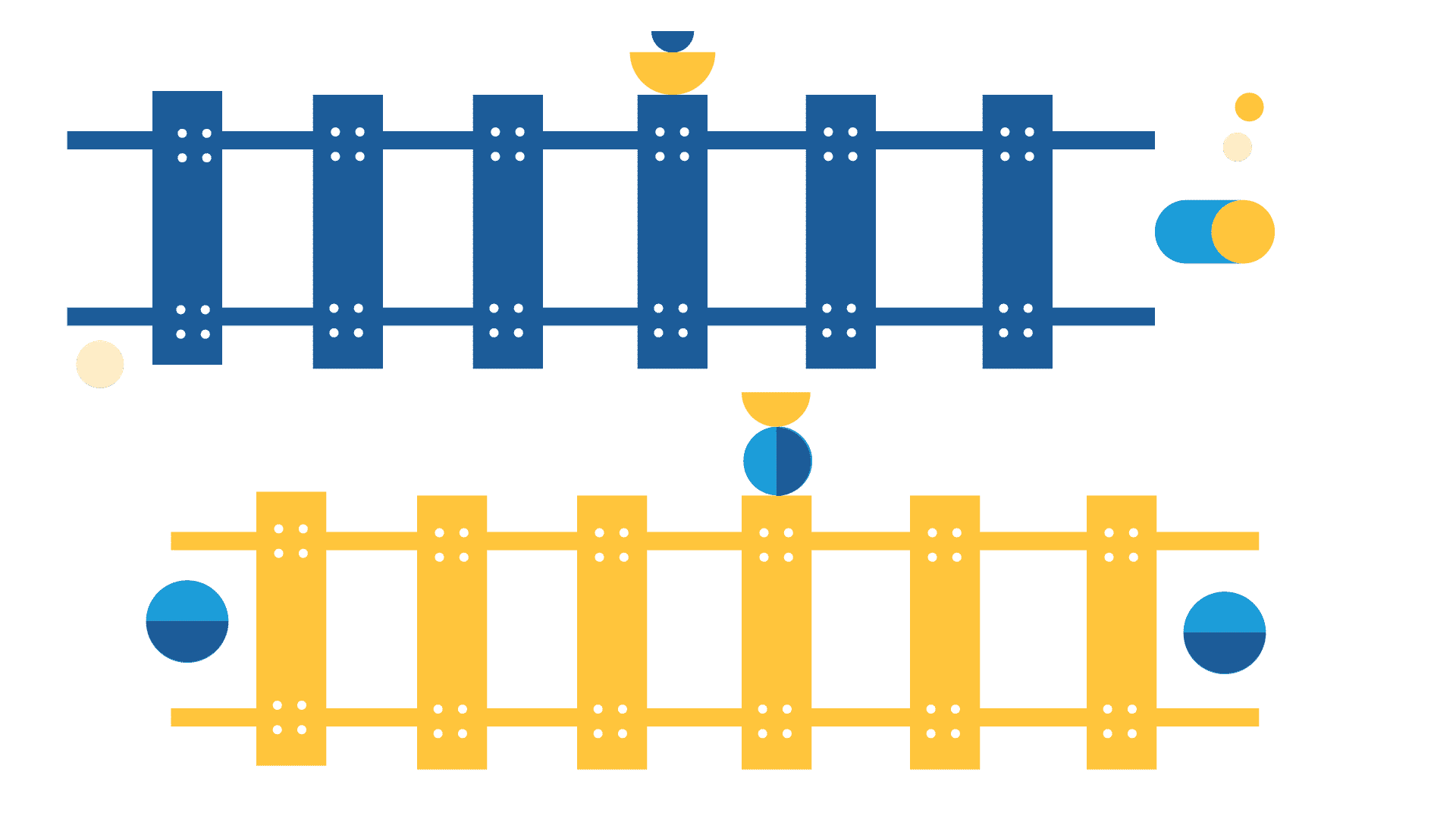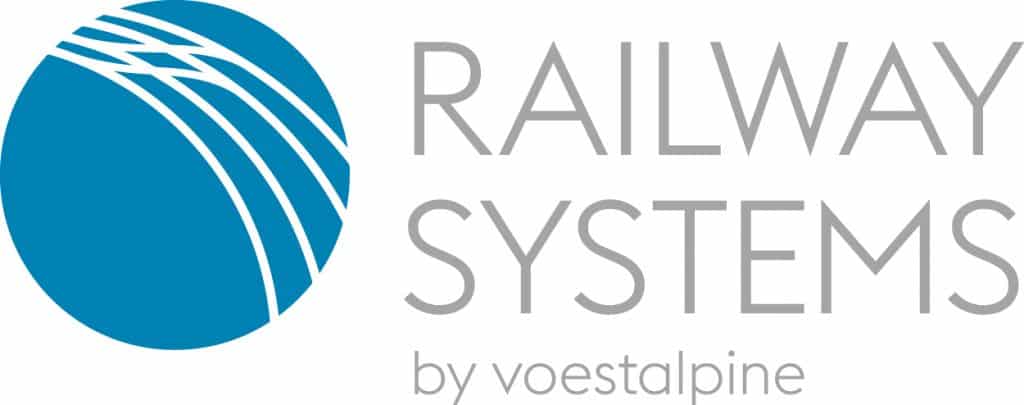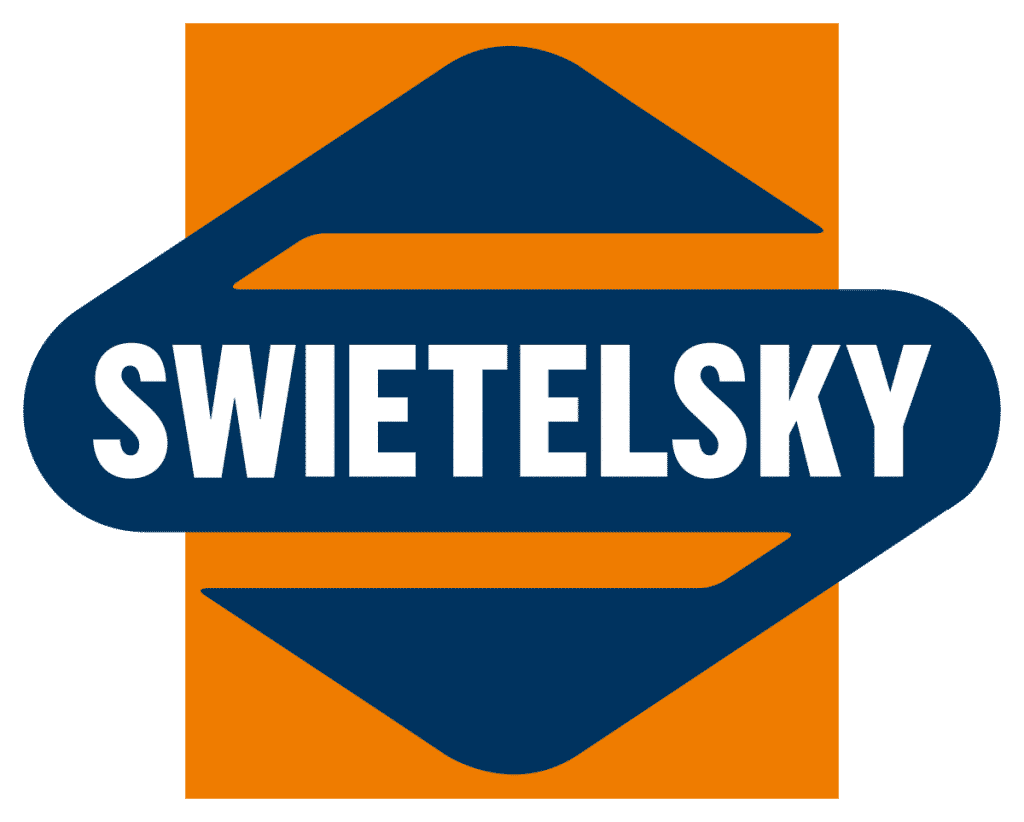
Railway Infrastructure – Asset Management – 02 JUL 2024
2023 Events Overview
Go to 2023 Events OverviewTopics: Life Cycle Management (LCM), Life Cycle Costs (LCC), Sustainability, Proof of Economic Efficiency
Focus: Life Cycle Management for turnouts
Participants: Infrastructure Management- Asset Management
Technical Departments
Economic Departments
Agenda
10.00 – 10.10 Introduction and agenda (Ingo Mayr-Knoch, weTHINK.)
10:10 – 10:40 Keynote 1: “Cause-Effect Relationship Between The Use of Resources and The Network Status Rating”, Björn Dickenbrok (Head of Infrastructure Condition Assessment Deutsche Bahn DB InfraGO AG)
10:40 – 11:10 Keynote 2: “HS2 – The UK Highspeed Railway Track – Lifecycle Management Strategy” – NN (British Rail and Voestalpine Railway Systems)
11.10– 12.55 Interactive Panel discussion – “Asset Management Strategy of Railway Tracks”
Björn Dickenbrok ( DB Netz AG)
NN (British Rail and Voestalpine Railway Systems)
Peter Veit (Graz University of Technology)
12:55 – 13.00 Wrap up and Announcement of the program of railway event 27 NOV 24
Sponsored by
About weTHINK. Railway LCM
Knowledge Exchange
Goal is to build a knowledge exchange community for best practices on technical sustainability and economic efficiency for track superstructure.
Technical Sustainability
Increasing traffic pushes on track deterioration but also limits time for track work more and more. To overcome this problem further development of track must target more sustainable track components and track maintenance to reduce the demand of track possession without reducing track quality. This requires understanding of track deterioration, gained by time sequences of track data allowing forecasting of track behaviour and thus preventive maintenance.
Economic Efficiency
R&D within track needs to present sustainable solutions which show a high economic efficiency. As track shows costs only, track strategies can be economically evaluated by comparing different options. Standard evaluations can be used as calculating the dynamic annual average costs. Dynamic methods are required due to the long service lives of track, annual average costs are used to enable comparing strategies with different service lives. Furthermore costs of non- or reduced availability due to either track work or due to speed restrictions caused by poor quality need to be taken into account for a proper evaluation of track component and/or track maintenance strategies. These methodologies will be presented theoretically and on real examples.
-
00
days
-
00
hours
-
00
minutes
-
00
seconds
Date
Time
Local Time
- Timezone: Europe/Berlin
- Date: 02 Jul 2024
- Time: 10:00 - 13:00
Next Event
- weTHINK. Waste Circularity RDF/SRF online conference – 25 Sept 2024
-
Date
- Wed 09 2024
-
Time
CET- 10:00 - 13:00




